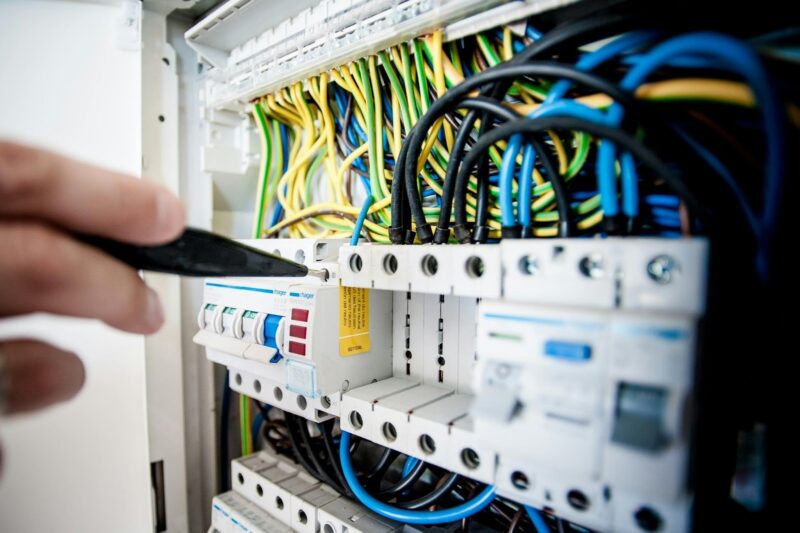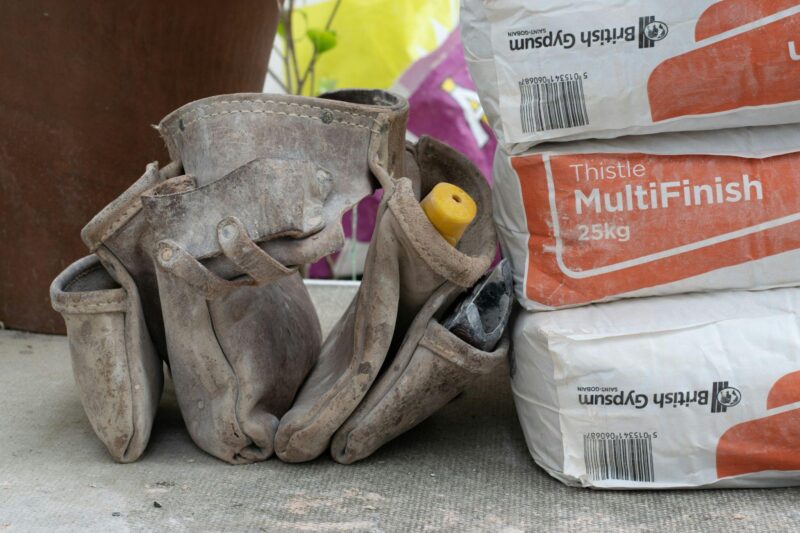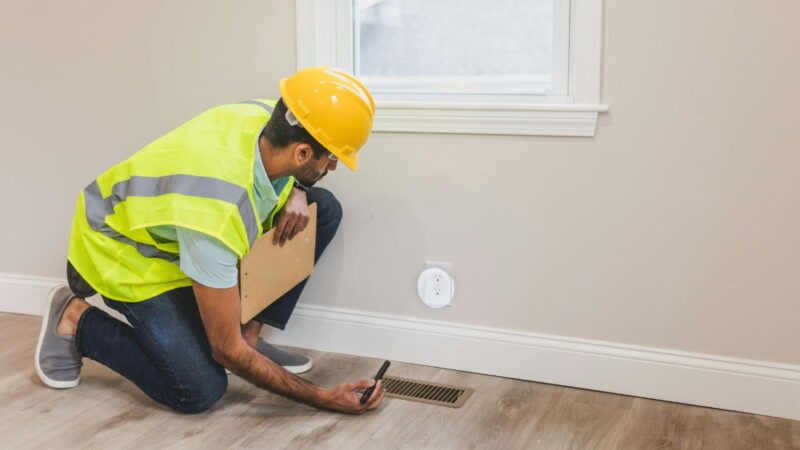
Introduction
Front-loading washing machines have become increasingly popular in recent years due to their energy efficiency and water-saving features. However, like any appliance, they can encounter issues that may cause inconvenience to users. In this article, we’ll explore some common problems with front-loading washing machines and provide solutions to address them effectively.
Foul Odors
Issue: One of the most prevalent complaints among front-loading washing machine owners is the development of foul odors over time.
Cause: The design of front-loading machines, with their airtight seals and low water usage, can lead to the buildup of mold, mildew, and bacteria.
Solution: Regular cleaning is key to preventing and eliminating odors. Wipe down the door seal, detergent drawer, and drum after each use. Run a cleaning cycle using a specialized washing machine cleaner or a mixture of white vinegar and baking soda once a month to kill bacteria and remove residue.
Excessive Vibration and Noise
Issue: Front-loading washing machines may produce excessive vibration and noise during the spin cycle, causing disturbance to household members.
Cause: Unbalanced loads, uneven flooring, or a malfunctioning shock absorber can contribute to increased vibration and noise.
Solution: Ensure that the washing machine is installed on a level surface and that all four feet are firmly in contact with the floor. Avoid overloading the machine and distribute the laundry evenly inside the drum. If excessive vibration persists, check and replace damaged shock absorbers or suspension springs.
Leaks
Issue: Leaks around the door or from the bottom of the washing machine are common problems reported by users of front-loading machines.

Cause: Leaks can occur due to a variety of reasons, including a damaged door seal, clogged drain hose, or loose connections.
Solution: Inspect the door seal for tears or signs of wear and replace if necessary. Ensure that the drain hose is free from obstructions and securely connected to both the machine and the drainage system. Tighten any loose connections and regularly check for leaks during each wash cycle.
Failing to Drain or Spin
Issue: Front-loading washing machines may fail to drain water or complete the spin cycle, leaving clothes soggy and dripping.
Cause: Clogged drain filters, a malfunctioning drain pump, or issues with the machine’s control board can prevent proper draining and spinning.
Solution: Clean the drain filter regularly to remove lint, debris, and other obstructions. Check the drain pump for any blockages or signs of damage and replace if necessary. If the problem persists, consult a professional technician to diagnose and repair any underlying issues with the control board or other components.
Error Codes
Issue: Front-loading washing machines often display error codes on the control panel, indicating various malfunctions or operational problems.
Cause: Error codes can be triggered by a range of issues, including sensor malfunctions, electrical faults, or problems with the machine’s internal components.
Solution: Refer to the user manual or manufacturer’s guide to identify the meaning of specific error codes displayed on the control panel. In many cases, resetting the machine by unplugging it for a few minutes and then restarting may resolve minor issues. If the error persists, contact customer service or a qualified technician for further assistance.
Refrigerator Repair
Issue: While troubleshooting issues with your front-loading washing machine, you may encounter challenges beyond your expertise, requiring professional assistance.
Cause: Complex mechanical and electrical components within the washing machine may fail or malfunction over time, necessitating specialized knowledge and tools for repair.
Solution: In case you encounter persistent issues or difficulties resolving problems with your front-loading washing machine, consider seeking assistance from reputable appliance repair services in your area. Many companies offer expertise in repairing various household appliances, including washing machines, and can provide efficient solutions to restore your machine’s functionality. Search online or ask for recommendations from friends and neighbors to find trusted refrigerator repair in my area. Hiring professionals ensures that repairs are conducted safely and effectively, prolonging the lifespan of your washing machine and minimizing downtime.
Washing Machine Repair
Issue: When faced with persistent issues or breakdowns with your front-loading washing machine, finding reliable repair services nearby becomes crucial for timely solutions.
Cause: Over time, wear and tear, mechanical failures, or electrical issues can affect the performance of your washing machine, requiring professional intervention for effective repairs.
Solution: Seek out local washing machine repair services that specialize in diagnosing and fixing issues with front-loading machines. These professionals possess the expertise and tools necessary to accurately identify problems and implement appropriate solutions. By choosing repair services in your area, you can benefit from prompt assistance, reducing downtime and inconvenience. Check online directories community forums, or ask for recommendations from friends and family to locate reputable washing machine repair near you. Prioritize companies with positive reviews and certifications, ensuring quality service and customer satisfaction. With timely repairs, you can restore your washing machine’s functionality and extend its lifespan, avoiding the need for premature replacements.
Conclusion
While front-loading washing machines offer many benefits, such as energy efficiency and superior cleaning performance, they are not immune to problems. By understanding the common issues that can arise and following the recommended solutions outlined in this article, users can ensure optimal performance and longevity of their front-loading washing machines. Regular maintenance, proper usage, and timely repairs are essential for keeping these appliances in top condition and avoiding costly repairs or replacements.








